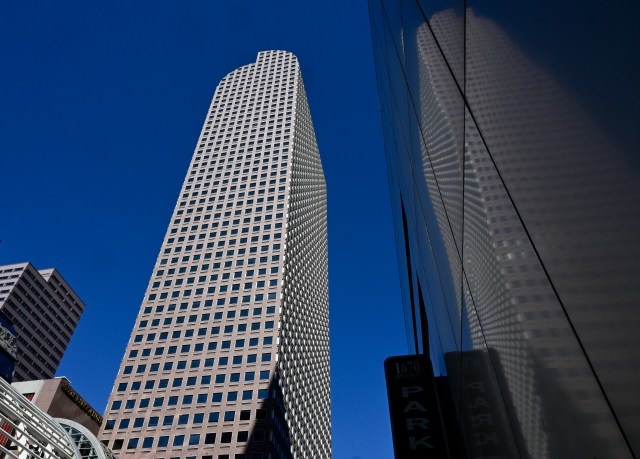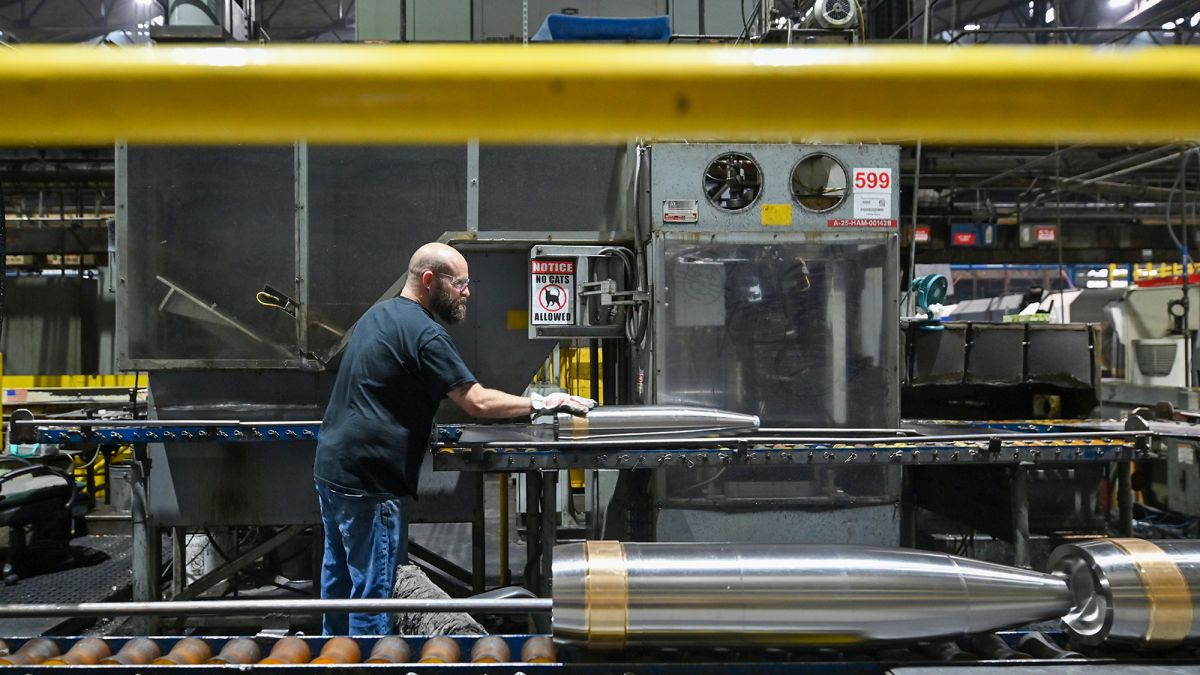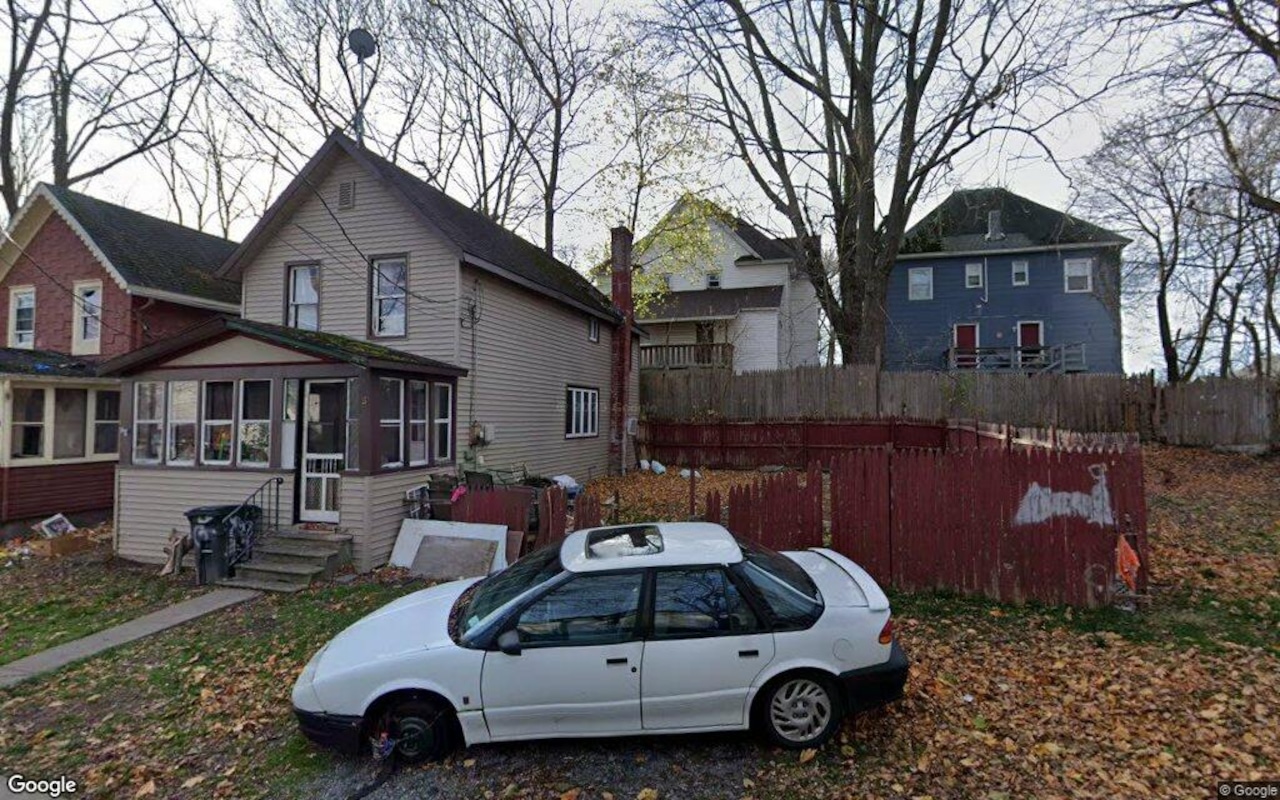D
owntown Denver's office market is struggling, with many of its largest towers sitting half empty due to unsustainable debts that need refinancing, repayment, or renunciation. According to a report from Trepp, about three in 10 commercial mortgages tied to office buildings in metro Denver are delinquent, making it the third-worst showing in the country.
Lenders have taken over management or ownership of several iconic buildings, including the Wells Fargo Center and the Denver Energy Center, due to defaulting loans. Amy Aldridge, a partner at Tributary Real Estate, notes that many 1980s high-rise towers are mostly vacant, making it difficult for people to return to the office.
Discounts of up to 90% below the prior purchase price have emerged in the past year on oil boom-era buildings. Colorado Plaza Tower I and II sold in April for a jaw-dropping 98% discount, with the towers valued at $200 million as recently as 2019 but only fetching $3.2 million.
Newer office buildings in Lower Downtown, Union Station, and the Central Platte Valley remain highly rentable, with an average vacancy rate of 16.8%. However, older towers in Upper Downtown and Skyline Park are struggling, with a flight to quality underway that is cannibalizing itself to survive.
Thirty properties in Upper Downtown have been identified as distressed or deteriorating, including the Wells Fargo Center, 1999 Broadway, and the Lincoln Crossing tower. A Denver Post analysis found that more than a third of the city's largest downtown office buildings face extreme financial distress, including loan defaults, receiverships, foreclosures, and distressed sales.
BusinessDen maintains a list of Denver's most distressed commercial buildings, as well as those slated for residential conversion. Some notable examples include Republic Plaza, Wells Fargo Center, Civic Center Plaza, and Trinity Place, which have all been affected by debt issues or lender takeovers.
Lenders may be less patient with struggling properties due to elevated vacancy rates and interest rates. Distressed situations can result in distressed sales that wipe out equity and saddle lenders with large write-offs, further eroding the value of surrounding buildings.
The Hudson's Bay Centre sold for $8.95 million in October 2024, a nearly 80% discount from its 2014 sale price. Lincoln Crossing sold in April for $10 million, a 90% price discount from its 2018 purchase price. Los Angeles developer Asher Luzzatto purchased Colorado Plaza Tower I and II for the equivalent of $3.30 a square foot, with plans to invest $150-200 million to create 700 apartments.
The conversion will generate about a quarter of the property taxes that a healthy office building would have generated, due to Colorado's lower residential assessment rate. Denver County Assessor Keith Erffmeyer estimates downtown commercial real estate values fell by about a quarter in the last two-year assessment cycle.
Even seemingly full buildings can get into trouble quickly, as seen with the Anthem Building at 700 Broadway, which had one of the lowest vacancy rates but saw its vacancy rate jump to 60% after Elevance Health gave up 258,500 square feet of leased space. The federal government is also looking to terminate leases and sell off federal buildings, adding stress to downtown landlords.
Too much debt is the core issue, with many properties struggling to refinance or repay loans. Hana Financial Group's default on a $238 million loan for 1670 Broadway led to an outside party taking over management, while the building's largest tenant, TIAA, relocated its operations to Frisco, Texas.















